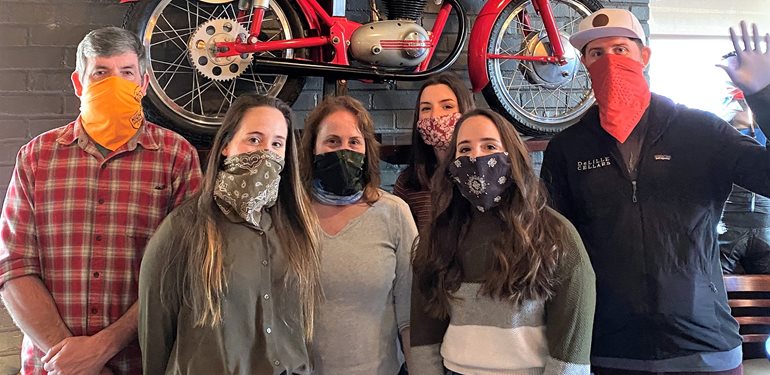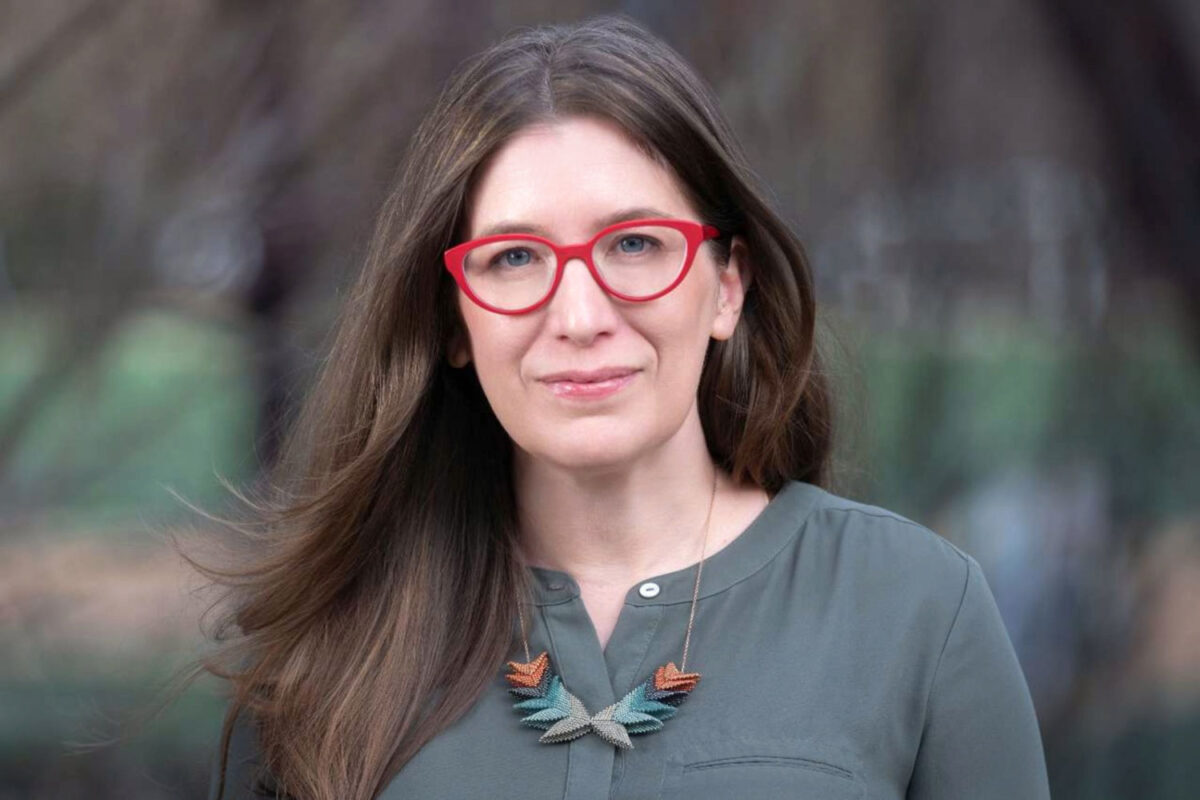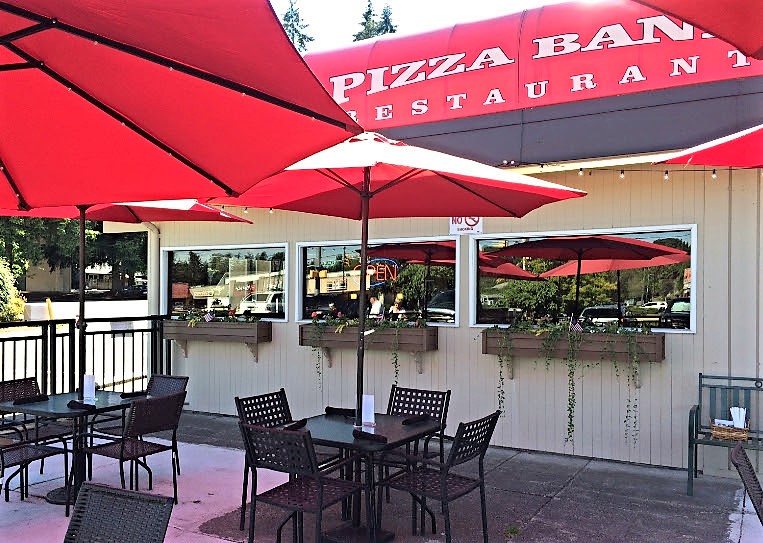
Pizza Bank, located in a former bank building, is a family-owned restaurant that has been serving the Kingsgate neighborhood in Kirkland, Washington, since 1983. Before the coronavirus pandemic, “things were clipping along,” said owner Liz Caluori. “It was fun.” Then the pandemic hit: “I can’t quite describe the feeling of desperation, panic and fear.”
Trying to stay open, follow state restrictions, protect customers and maintain Pizza Bank’s 20 employees has been a “roller coaster,” Caluori said.
One long-time patron, Nick Cuhaciyan, is an adjunct lecturer in the University of Washington Bothell’s School of Business. He knows restaurants have been one of the hardest-hit sectors in the pandemic economy. And to support this local business, he offered the insights of a team of students in his summer project-management course.
Could the restaurant use some help? Yes, said Caluori, especially in employing social media to bring in more customers. Four Business Administration majors acted as marketing consultants: Nicholas Anderson, Ciara Lyter, Rafael Diaz Marroquin and Ginny Nguyen. They delivered useful suggestions and took away a learning experience that will outlast the pandemic.
Banking on pizza
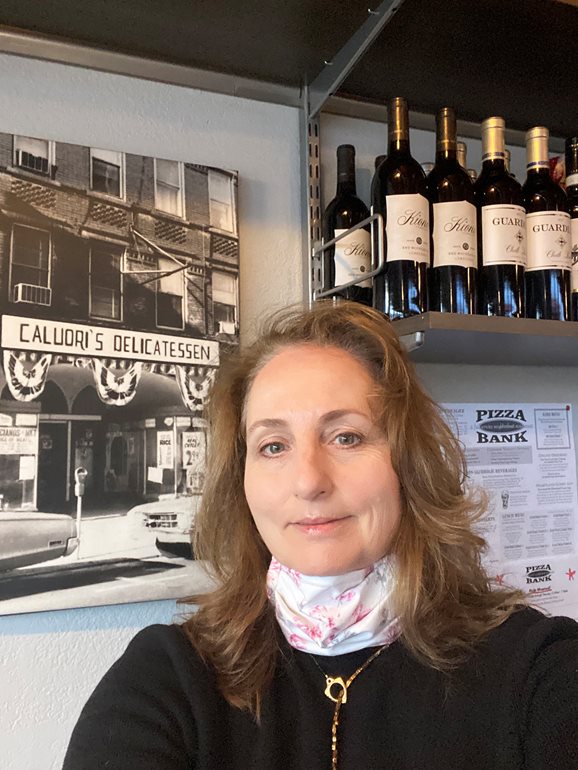
Caluori and her husband, John Haltom, have owned the full-service Italian restaurant since 2016. They also own Café Veloce in Kirkland’s Totem Lake area. They run the restaurants with their children, including twins Carole and Kathryn Haltom who are both 2020 graduates in Global Studies from UW Bothell’s School of Interdisciplinary Arts & Sciences.
A “community-driven” business, Pizza Bank’s sales were about 40% takeout and 60% dine in before the pandemic, Caluori said. Last March, the restaurant initially closed, then started curbside takeout service with a reduced menu.
State restrictions on indoor dining were eased and then re-imposed in different, frustrating phases, Caluori said. Sales now are half of what they were. “Every time a new phase comes out, we have to reinvent ourselves.”
That was the tough situation the student project was challenged to address. The UW Bothell team met with Caluori and the restaurant’s marketing consultant, analyzed the business, took a wide view of marketing and came up with some recommendations.
Taking and baking
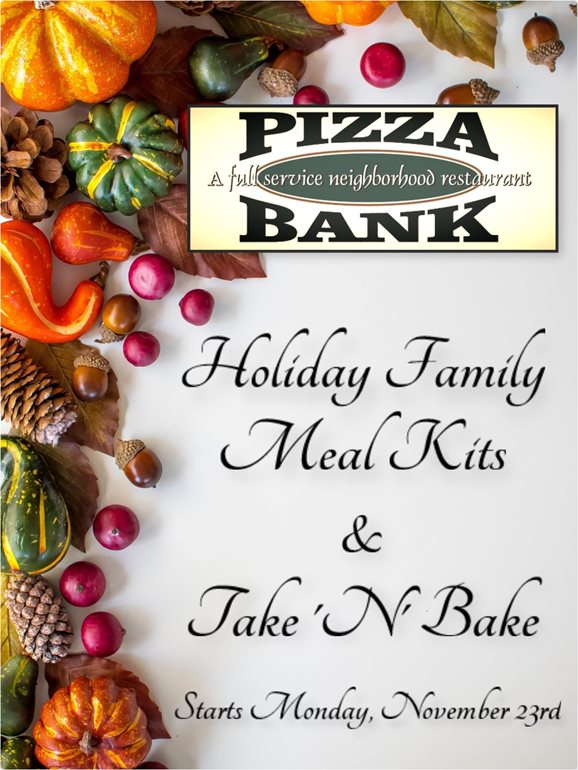
“I thought they did a great job. They put in a lot of energy and thoughtfulness. It was an excellent presentation with viable ideas,” Caluori said.
The restaurant has implemented the student suggestions to post contests on Instagram and Facebook to get more “likes” and to add frozen pizzas and “take and bake” refrigerated items to the takeout menu.
“The ‘take and bake’ pasta kit idea is the winner,” Caluori said. “It allows us to produce a ready-to-serve product that spreads out our employees’ work times and stations.”
The students also suggested that the restaurant develop cross-sponsorships with local wineries. One of the contests was a cross-promotion with a winery in which customers were asked to build a custom pizza to pair with a red wine.
Serving up experience
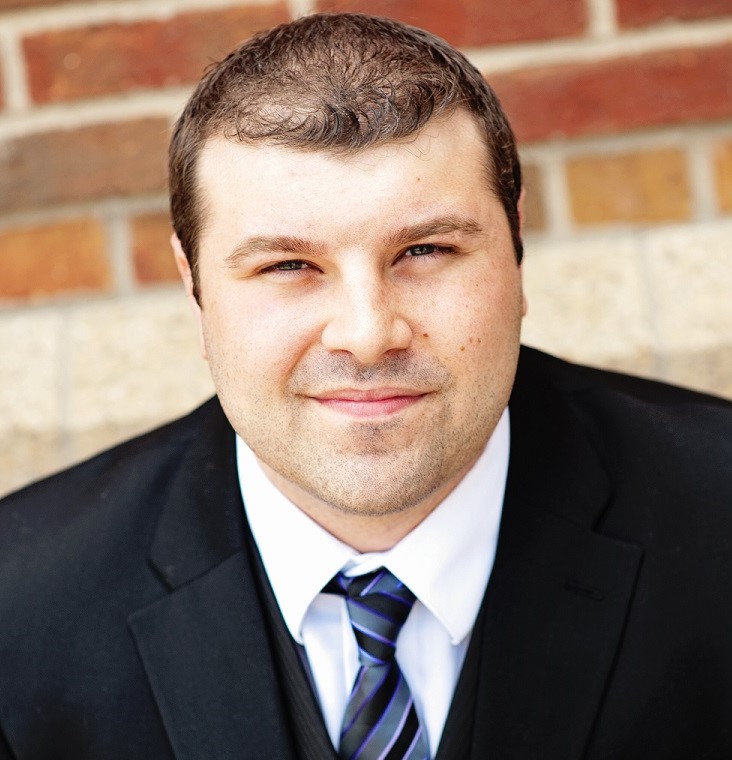
“One of the challenges for the UW Bothell team was that I was very unsure on what we wanted to promote. And did we really want to build business during COVID? Close contact between employees is a big issue,” Caluori said.
Students felt the weight and significance of this project every step of the way, said Cuhaciyan, the instructor.
“This restaurant is the owners’ lifeblood,” he said. “It can be scary as a business owner to spend money or find the time to get away from the daily grind and come up with new business strategies.”
By sharing in the challenges of running a restaurant in a pandemic, he added, his students also got a meaningful way to apply what they learned in class. They saw their ideas implemented, having a positive impact not only on the restaurant but also on the community.
“They wanted this place to be a neighborhood staple for another 40 years,” Cuhaciyan said.
Taking on tough times
Lyter, a senior concentrating in Supply Chain Management, worked on improving Pizza Bank’s social media as well as overall marketing.
“Data and research were the most important part of our work to help strengthen our credibility to Pizza Bank,” he said. “Our team also had to employ project management skills that we learned in class.”
The experience balanced the structure of a class with the responsibility of consulting, Lyter said. “I really enjoyed how much freedom we had to work with a business. I learned so much about scope management and how to remain flexible in difficult situations.”
Diaz Marroquin, a junior also concentrating in Supply Chain Management, used the same term as the restaurant owner to describe working during the pandemic — a roller coaster.
“The ups and downs we experienced as a team were countless,” Diaz Marroquin said. “The biggest takeaway is that this is real life, and most of the time nothing goes according to plan.”
Working virtually is literally work
In addition to lecturing at UW Bothell, Cuhaciyan works as a senior global program manager at Amazon, using data and analytics to support customers around the world. He received his MBA in 2015 from UW Bothell and has been back as an adjunct instructor since 2019, teaching business consulting and project management.
Before the pandemic, he would teach two nights a week, either on campus in Bothell or at the Eastside Leadership Center in Bellevue.
Going virtual during the pandemic actually gives the students an experience that more closely mirrors the business world, he said, as it requires videoconferencing about COVID-19 impacts, dealing with budget cuts and managing projects that change focus midway.
“If my students were working at Amazon, this is literally what they’d be doing,” Cuhaciyan said. “Being able to work remotely in a team environment on a project like this gave the students critical business experience and exposure to a virtual environment that they will carry with them into their professional careers.”
